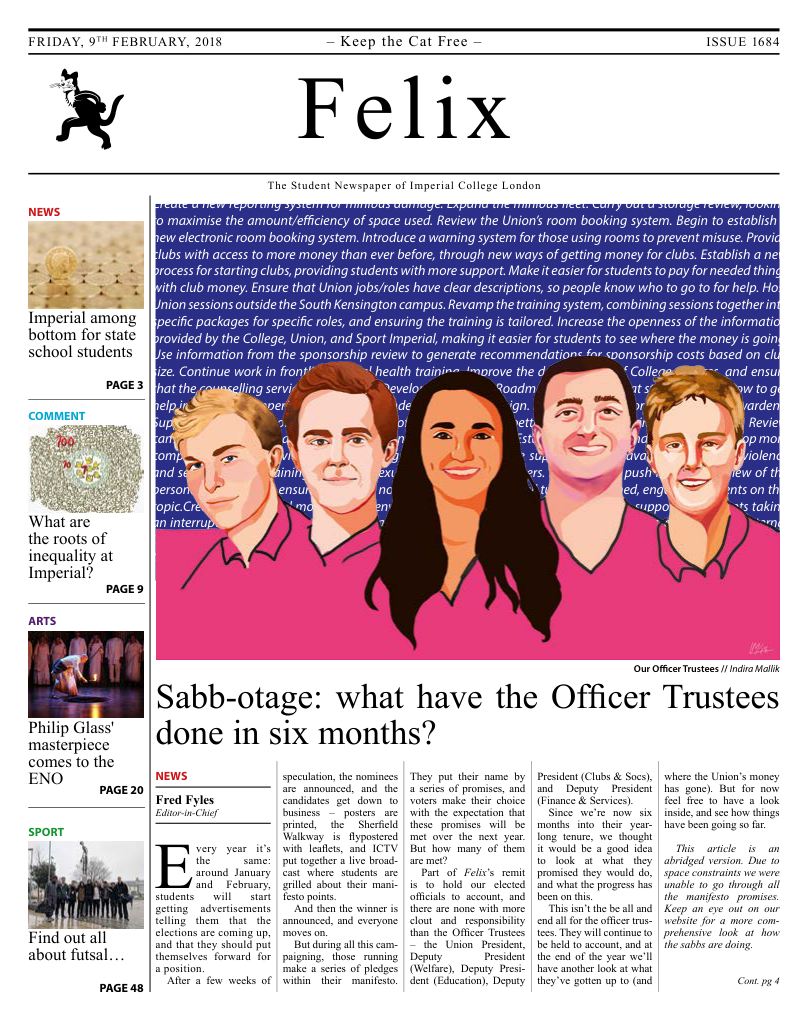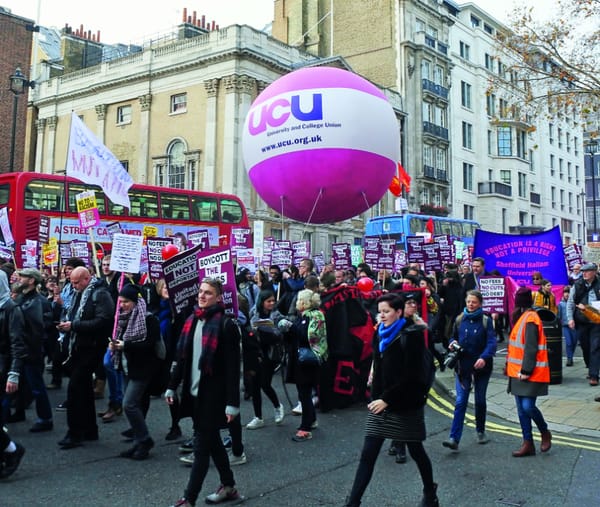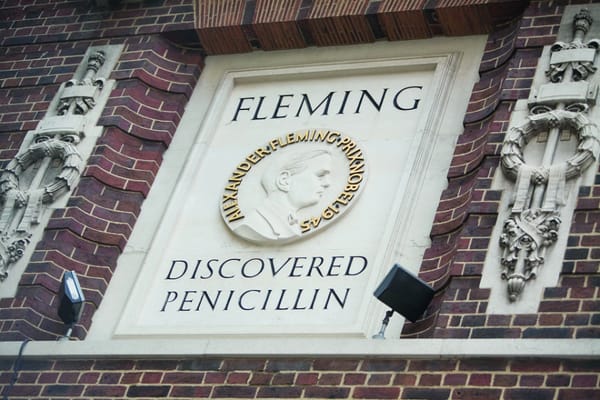UCL staff have no confidence in expansion plans
UCL has faced criticism from staff over their expansion plans, which they claim have been driven through without consultation.

Academics at University College London this week backed a motion of no confidence in the university’s leadership, amid concerns over plans for expansion.
On Wednesday evening, at a meeting of academics, 94% voted they had no confidence in UCL’s governance, which has been pushing aggressive expansion over the past few years.
The meeting came just days after one of the UK’s most senior judges asked for an investigation into the alleged managerial misconduct. Terence Etherton, the master of the rolls, has asked barrister Charles Bourne to look into complaints that members of UCL’s ruling council have been excluded from decisions over the expansion. In a letter, Sir Terence said that Professor Michael Arthur, UCL’s provost, and Dame DeAnne Julius, chair of the ruling council, were “intent on driving through a programme of rapid expansion of UCL, exposing it to serious financial and academic risks”.
Since 2005, the number of students at UCL has swelled from 17,000 to 40,000, a decision management has said is necessary due to financial concerns. It was reported that plans may be underway to increase the size to 60,000 students in the near future, as universities struggle to keep up in increasingly-global league tables.
Rex Knight, UCL’s vice-provost for operations, told the meeting that dropping student numbers to 20 or 30,000 would have “pretty appalling” consequences for the university.
A key aspect of this expansion is the development of a new campus in east London, located on the Olympic Park. ‘UCL East’, which will cover 4.63 hectares, is due to complete its first phase by 2021, and will provide resources for 4,000 students. The total cost of the project is expected to reach £483 million.
In 2016, the expansion project was revealed to be endangering the cash flow at UCL, as college leadership announced they only had 42 days of cash on hand – less than half the university average of 93 days. Last year The Guardian revealed that morale among UCL staff was at “an all-time low”, with nearly 70% of staff surveyed feeling it was not well-managed. Less than 10% of staff felt that the increase in student numbers would improve UCL.
UCL, a member of the Russell Group, is regularly ranked among the top higher education institutions in the world. In this year’s Times Higher Education rankings they placed 16th, down from 14th two years ago. Many see the move to expand as indicative of increased pressures being placed on higher education institutions.









